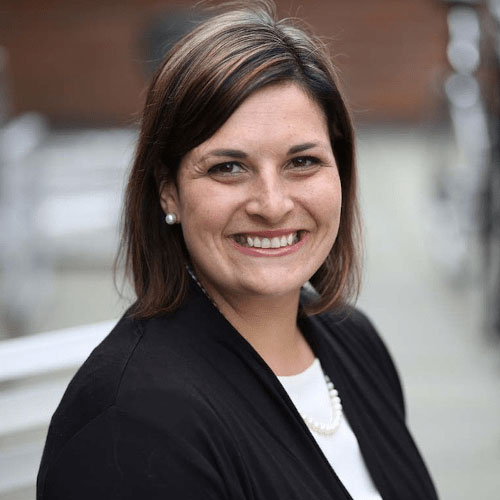The mission of the National Science Foundation-supported Natural Hazard and Disaster Reconnaissance (RAPID) Facility is to “enable transformative research by providing investigators with the instrumentation, software, and support needed to collect, process, and analyze perishable data from natural hazard events and from disasters.” As a national shared-use facility, based at the University of Washington, one of the RAPID facility’s aims is to increase the social sciences user base by understanding and addressing their research and support needs.
This inaugural Social Sciences Fridays event provided a forum for information sharing and allowed RAPID Facility leadership to seek feedback from the social science hazards and disaster community. Specifically, during this one hour session, the presenters 1) informed social scientists about the RAPID Facility, its resources, and its training opportunities; and 2) provided space for discussion, ideas, and recommendations for how the RAPID Facility can more meaningfully serve social science research needs.
The RAPID Facility leadership invites all social scientists to complete this survey by no later than May 1, 2023.
The session opened with an overview of the RAPID Facility. The presenters then shared examples of how social scientists and interdisciplinary teams have utilized instrumentation and data from the Facility, including use of its Streetview-like imagery equipment and the RApp application for survey and interview data collection. Audience members learned how to request RAPID Facility resources, including existing social science support. The remaining time was dedicated to open discussion, where attendees were invited to provide input regarding how the RAPID Facility can support social scientists and interdisciplinary research and reconnaissance through enhanced training, resources, and technical assistance.


